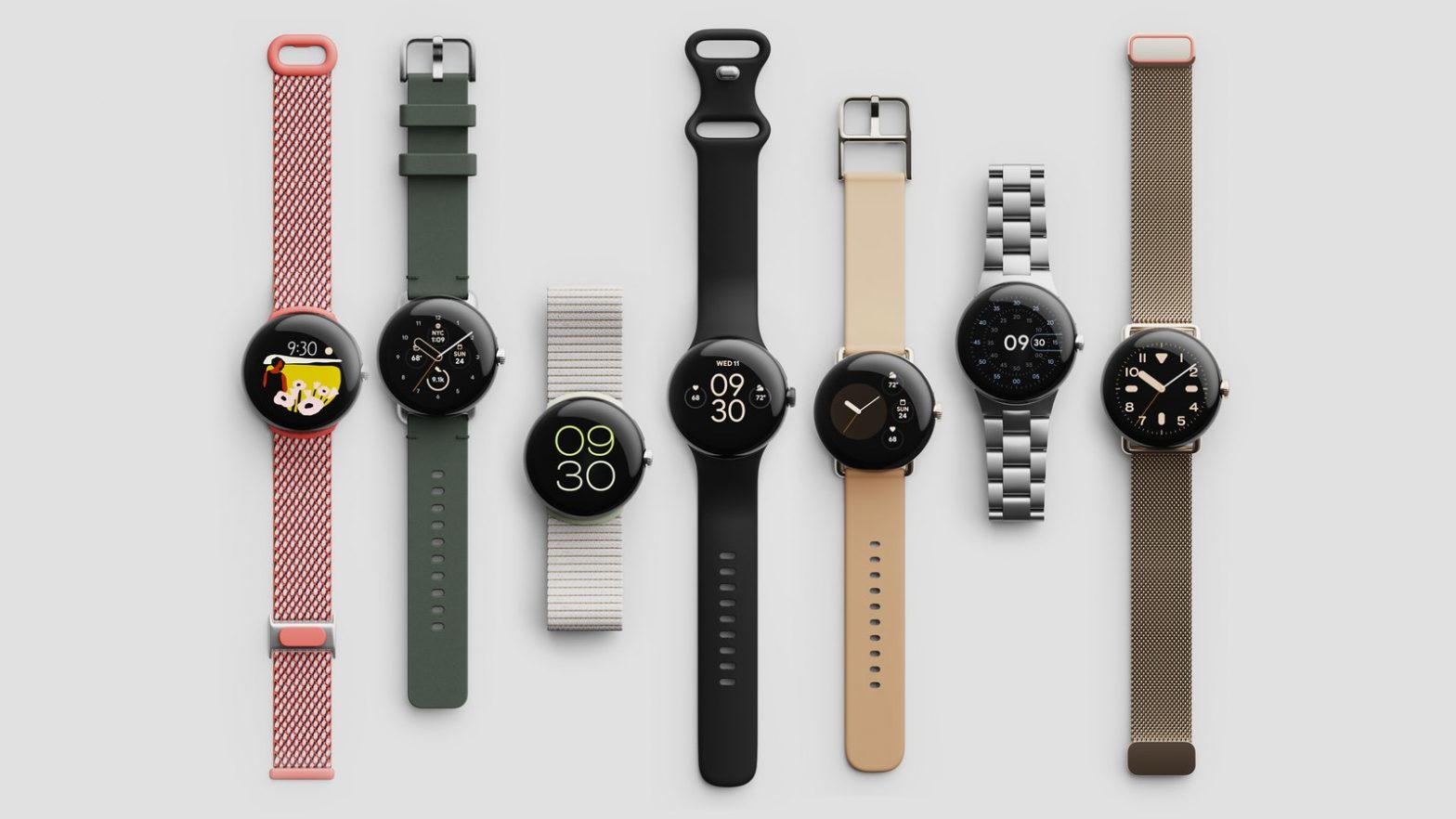Google really wants you to just use Fitbit, but Google Fit is there for anyone who prefers it. If you opt for Fitbit, you’ll be able to track the usual health metrics like heart rate, blood oxygen level, electro-cardio activity, and sleep activity, plus you’ll also be able to access your Daily Readiness score, a Fitbit feature that suggests what kind of exercise your body can take for the day.
To access a more comprehensive set of fitness features, you’ll need to pony up for a Fitbit Premium membership, which unlocks fitness and health data analysis, lifestyle guidance, access to over 1,000 workouts, and over 400 mindfulness sessions. The service costs $10 a month ($80 annually), though Google is bundling in a six-month membership with each Pixel Watch purchase.
Underpinning these health-tracking features is the heart rate sensor. Waraich emphasized here that the Pixel Watch’s sensor is purportedly very accurate thanks to some optimization work Google and Fitbit did with the Samsung chipset powering the watch. The heart-rate tracking process was tweaked so that it relies purely on the chip’s coprocessor, which sips far less battery than the primary processor. This makes the sensor much more efficient and, according to Waraich, capable of delivering “highly accurate” results 24/7 without eating up battery life. Again, I haven’t yet tested the watch, so I don’t know whether the sensor’s performance matches those claims.
The Pixel Watch can dial 911 or alert your trusted contacts with Emergency SOS, though you’ll have to enable it manually—it’s not like Apple’s new Emergency SOS that will automatically detect if you’ve been in a crash. (Google does have a crash detection feature in its Pixel phones though.) All this said, Google says it’s bringing fall detection later this year, which will auto-dial emergency responders if you’re unresponsive. Considering how long this smartwatch has been in development, it’s strange that this feature isn’t available at launch.
World Clock
![]()
Some more band options—all of which are sold by Google.
Photograph: Google
You’ll be disappointed to hear that the Pixel Watch is only launching in nine countries: the US, Canada, Ireland, UK, France, Germany, Japan, Australia, and Taiwan. These are markets where Google has seen success with its Pixel phones, and they are potential safe bets for the Pixel Watch. Preorders are live now, and it goes on sale on October 13. In addition to the six months of Fitbit Premium, Google is also bundling three months of YouTube Music Premium with each purchase.
So far, the Pixel Watch feels like it’s playing catch-up with the rest of the industry, and there’s no one killer feature that makes it stand out above the rest—unless you’re deep in Fitbit land and have been waiting for a proper Fitbit-powered smartwatch. Still, it looks pretty, and that might be all the reason you need to slap it on your wrist.
Special offer for Gear readers: Get a 1-year subscription to WIRED for $5 ($25 off). This includes unlimited access to WIRED.com and our print magazine (if you’d like). Subscriptions help fund the work we do every day.
